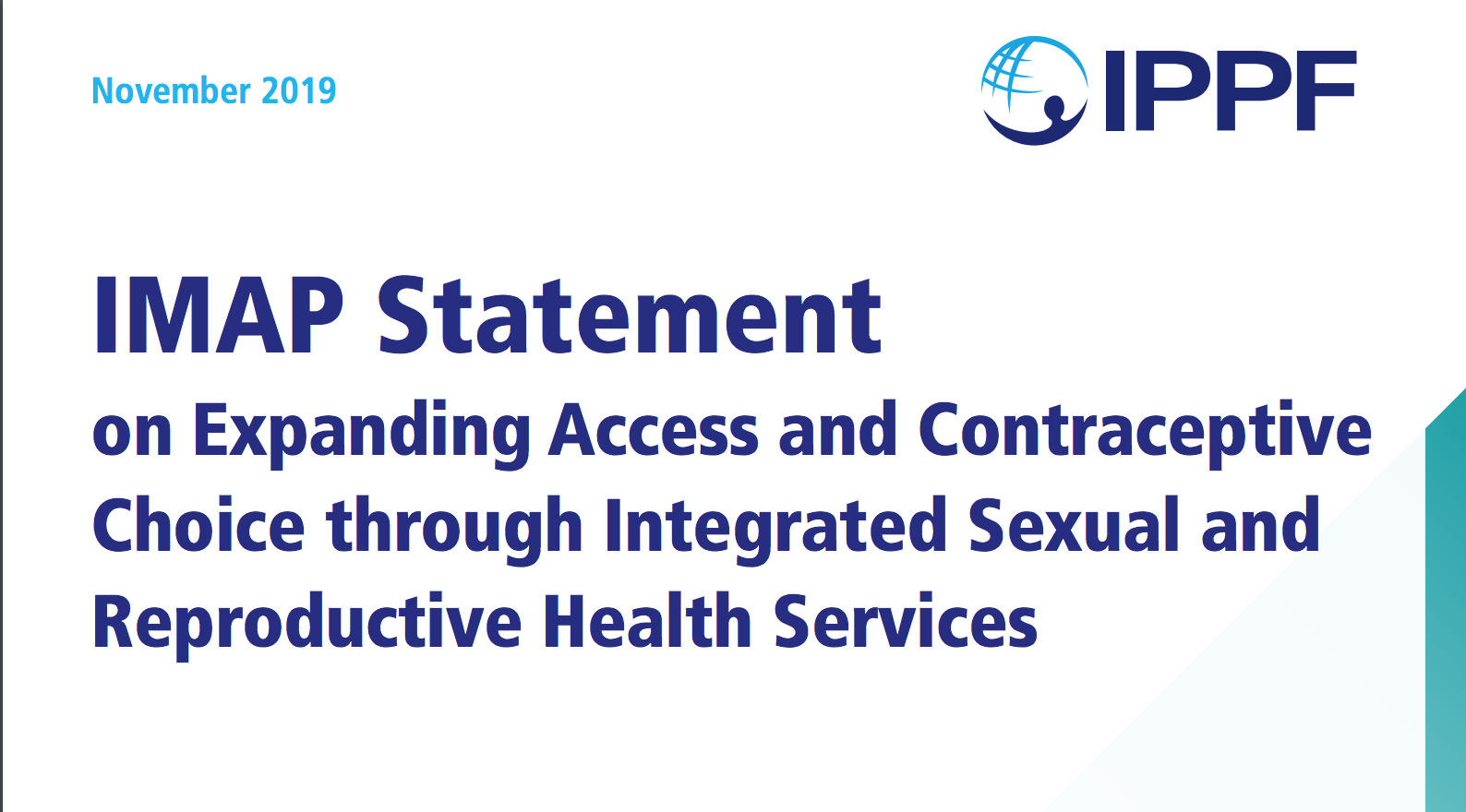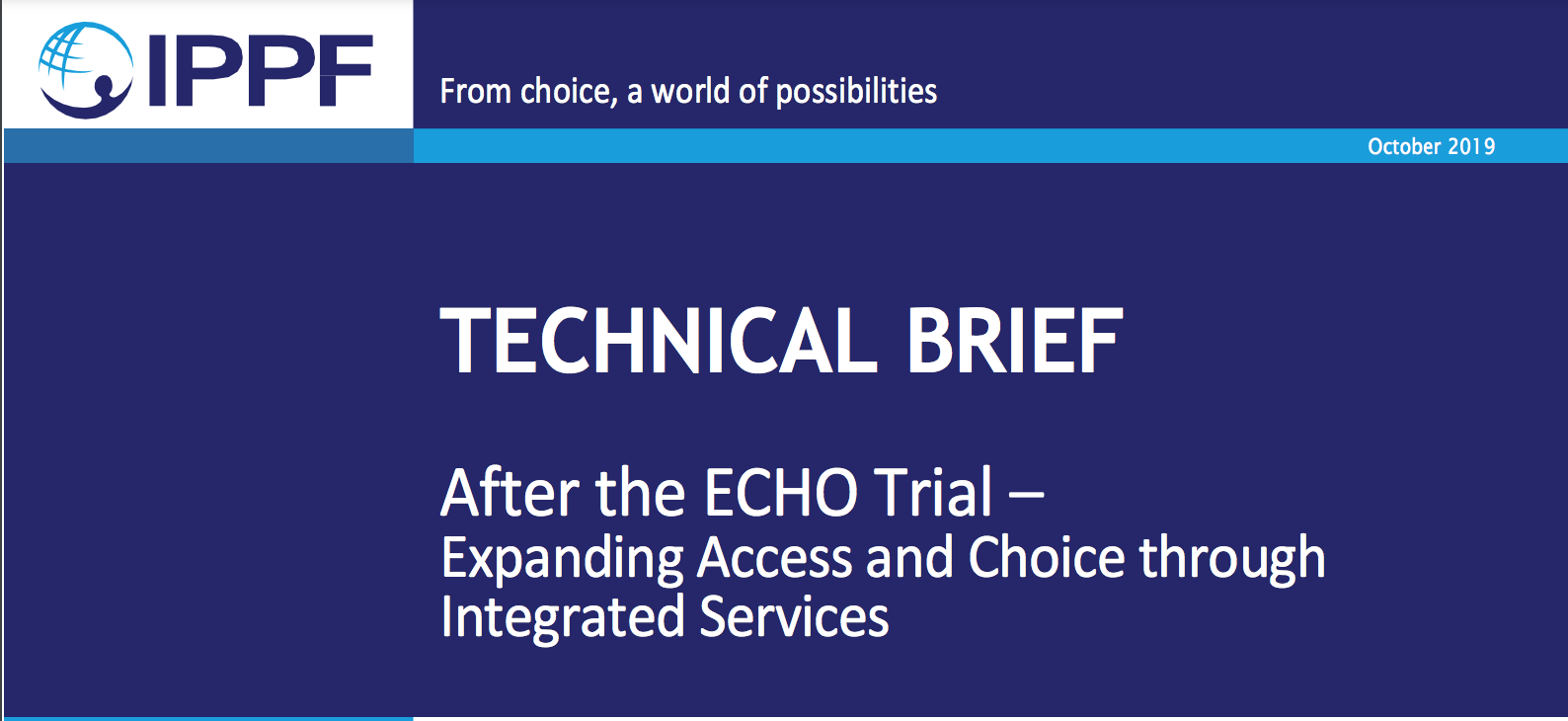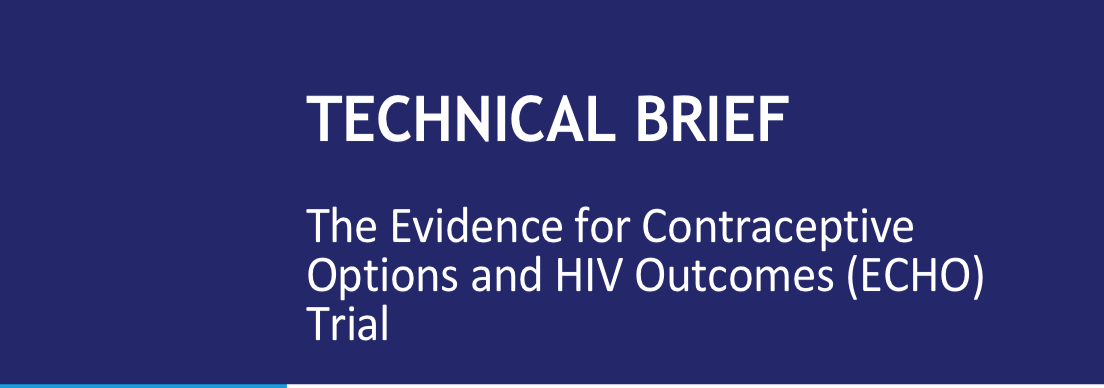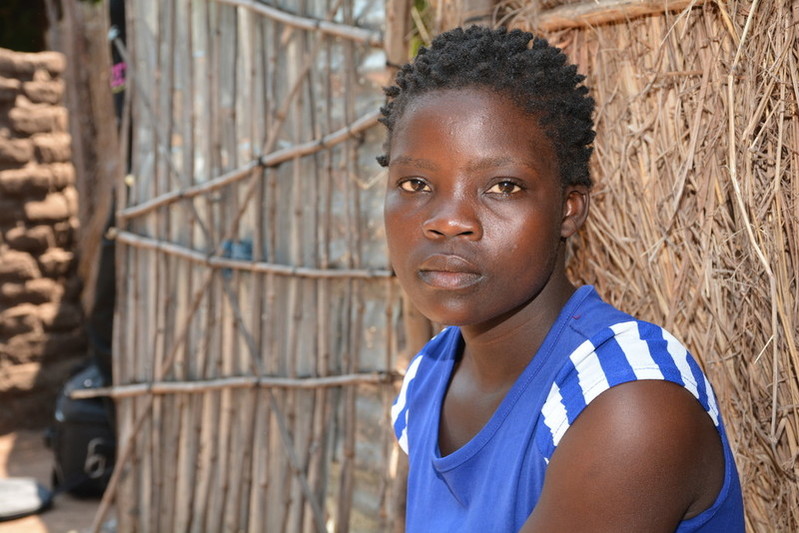Spotlight
A selection of resources from across the Federation

HIV Theory of Change
Our HIV Theory of Change is to clarify the goals and vision of IPPF’s HIV programme and to articulate the different pathways and strategies IPPF uses to contribute towards its HIV goals and vision.
Filter our resources by:


| 21 September 2020
It's All One Curriculum
Researchers have identified gender inequality as a key factor driving the AIDS pandemic. Policymakers have called for sexuality and HIV education that emphasizes gender equality and human rights. Educators want to teach young people the critical thinking skills needed to build compassionate and just societies. It's All One Curriculum responds to these calls.

| 06 December 2019
IMAP statement on expanding access and contraceptive choice through integrated sexual and reproductive health services
In 2018, IPPF endorsed the WHO/UNFPA Call to Action to Attain Universal Health Coverage Through Linked Sexual and Reproductive Health and Rights and HIV Interventions.13 This IMAP statement serves as a reminder of this call to action to ensure all people have access to comprehensive SRH services, including integrated contraceptive and HIV/STI services, provided through primary healthcare.

| 28 October 2019
After the ECHO trial – Expanding access and choice through integrated services
Since the early 1990s, the evidence has been inconclusive as to whether using hormonal contraception increases women’s risk of acquiring HIV, particularly among progestogen-only injectable users. Observational studies indicated that women using progestogen-only injectable contraceptive methods may be at higher risk of acquiring human immunodeficiency virus (HIV). The Evidence for Contraceptive Options and HIV Outcomes (ECHO) trial finds no link between HIV acquisition and the use of DMPA-IM, progestogen implant, and non-hormonal copper IUD. For more information please see the technical brief on the ECHO trial. Following the release of the result of the ECHO trial and the WHO latest guidance statement and revised Medical Eligibility Criteria (MEC) for contraceptive use, IPPF developed a follow-up technical brief to support IPPF MAs and frontline service providers’ work regarding the provision of the integrated contraceptive, HIV and other STI programmes to expand access and contraceptive choice. For more information, please see the attached technical brief After the ECHO trial – Expanding access and choice through integrated services, available in English and French.

| 09 July 2019
IPPF Technical Brief on the ECHO trial
Since the early 1990s, the evidence has been inconclusive as to whether using hormonal contraception increases women’s risk of acquiring HIV, particularly among progestogen-only injectable users. Observational studies indicated that women using progestogen-only injectable contraceptive methods may be at higher risk of acquiring human immunodeficiency virus (HIV). The ECHO trial finds no link between HIV acquisition and the use of DMPA-IM, progestogen implant, and non-hormonal copper IUD.

| 28 November 2018
Tackling child marriage in Malawi
Malawi has one of the most comprehensive laws against child marriage in Africa after a new bill was passed in 2017 increasing the legal marital age from 15 to 18-years-old. The Marriage Act of Malawi in 2017 protects any girl under the age of 18 from marriage and holds parents or other family members who marry their children off below the age accountable and liable to prosecution. But even with the law, cases of child marriage are still happening but community Watch Groups have been set up to help. This is the story of one girl helped by her local watch group. Family Planning Association of Malawi (FPAM) with money from the Japan Trust Fund supports the watch group by building the capacity of its members. Five members of the Jalasi Watch Group have been trained about the law, policies around the issue of child marriage and how they align with the by-laws. © Photos: James Ngechu
| 15 March 2018
Integration of DMPA‑SC into the method mix contributes to increased uptake of all methods of family planning
Injectable contraceptives are an increasingly popular method of family planning. They are safe, discrete, highly effective, and generally last for several months. Sayana® Press, also known as subcutaneous depot medroxyprogesterone (DMPA‑SC), is a lower‑dose formula version of the already popular injectable Depo‑Provera. DMPA‑SC combines the drug and needle in a single‑use unit, which makes it easy to transport and simple to use with little training. DMPA‑SC can be administered by community health workers (CHWs) and women themselves – potentially making injectable contraceptives available to women who can’t easily travel to clinics.















